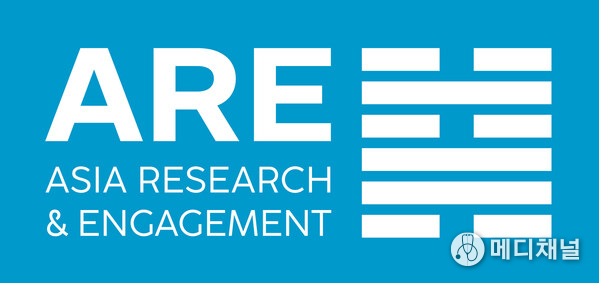
SINGAPORE, Sept. 29, 2025 -- Asia Research & Engagement (ARE) today launched Bridging the Gap: Have ASEAN Banks Caught Up on Climate Action?, a report assessing the climate strategies of major banks in Indonesia, Malaysia, Thailand, and the Philippines. The study finds that ASEAN banks are making measurable progress, with 11 of 14 setting long-term net-zero goals for financed emissions—up from three in 2022—but still trail banks in Japan, Singapore, and South Korea, where decarbonisation targets are broader, deeper, and aligned with national net-zero goals for 2050.
The Region's Biggest Banks in Focus
The report covers 14 banks across four ASEAN markets:
- Indonesia: Bank Central Asia, Bank Negara Indonesia, Bank Rakyat Indonesia, Bank Mandiri.
- Malaysia: CIMB, Maybank, Hong Leong
- Philippines: BDO, Bank of the Philippine Islands, Metrobank
- Thailand: Bangkok Bank, KBank, Krungthai, Siam Commercial
Policy Progress: Malaysia Leads, Thailand and Indonesia Catching Up
Average policy performance rose to 38% in 2025 from 20% in 2022. More than half of banks have committed to stop new coal financing, and five have timelines to phase out existing coal exposures. Six lenders have policies addressing high-carbon industries, though only five have net-zero targets aligned to 2050.
Thailand's KBank is the only bank that has a disclosed policy on restricting gas-fired power financing. Overall, Malaysian banks CIMB and Maybank lead the rankings, while Indonesia's BRI and Thailand's Siam Commercial Bank have shown strong improvement.
Governance Strengthening: Thailand and Malaysia Lead, Indonesia Shows Rapid Improvement
Governance practices improved significantly, with average performance rising to 54% from 39% in 2022. All banks disclose board sustainability responsibilities, and more than half have climate expertise at board level. Thailand's KBank and Malaysian banks CIMB and Maybank are top performers, while Indonesia's BCA and HLB show the most improvement.
Risk Management: Indonesia and Malaysia Lead, Thailand Strengthens
For the first time, eight banks disclosed financed emissions in 2025, up from none in 2022, while 10 banks now report portfolio exposure to high-carbon sectors (up from four). Indonesia's BRI and Mandiri stand out as the most improved performers, with Thailand's KBank also showing notable progress. The adoption of client-level transition risk plans and PCAF methodologies reflects growing maturity across the region, though only three banks have yet integrated physical risk scenario analysis effectively.
Opportunity: Green or Sustainable finance up an order of magnitude from a low base
Banks have found significant growth in green and sustainable finance opportunities. In 2025, nine banks disclosed targets, up from only five in 2022. For those banks with targets in both years, the level of financing is an order of magnitude higher, albeit from a low base.
Commenting on the findings, Ben McCarron, Founder and Managing Director of ARE, said, "ASEAN banks are making significant progress—from stronger governance and net-zero commitments to new restrictions on coal financing—but there's more to do. Through our benchmarking series – from Shifting Gears (2024) and Banking Asia's Future (2022) – ARE acknowledges the institutions leading change, while pressing the region's banks collectively to accelerate the transition to a low-carbon ASEAN."
-Ends-
Note to editors:
Selection Criteria and Methodology for ASEAN Banks Assessment
The report covers 14 banks across four developing Asian economies:
- Thailand: 4 banks
- Indonesia: 4 banks
- Philippines: 3 banks
- Malaysia: 3 banks
- Combined Assets & Loans: USD1.6 trillion in total assets; USD1 trillion in total loans.
- For each market, 3–4 of the largest banks were selected by market capitalisation.
- 12 banks overlap with 2022's Banking Asia's Future report.
Visit ARE to download our full series of reports on banking and climate action in Asia.
About Asia Research & Engagement (ARE)
ARE brings leading investors into dialogue with Asian-listed companies to address sustainable development challenges and help companies align with investor priorities. With decades of Asia experience, our cross-cultural team understands the region's unique needs. Our high-quality independent research, robust investor network, and engagement expertise, provide corporate leaders and financial decision makers with insights leading to concrete action.

